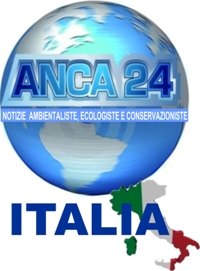 Government scientists have been notified that their jobs will be eliminated or affected by the closure of the National Program for Marine Pollution Studies.
Government scientists have been notified that their jobs will be eliminated or affected by the closure of the National Program for Marine Pollution Studies.
“It’s amazing that we are facing the loss of this program, taking into account the 25,000 chemicals on the market and the growing threats posed by the navigation and oil and gas exploration and the development in temperate zones and Arctic waters “said Peter Ross, who is perhaps the best Canadian marine scientist, known for his work on the identification of killer whales, as the most contaminated marine mammals on the planet.
“When I was told that the investigation of the contamination and the surveillance program of the Canadian’s oceans are being phased out, I was speechless.”
The program, which employs 75 staff members, provides that closes on April 1st 2013, according to information from official sources.
“I can not think of any other industrialized nation that has removed completely the marine pollution from their radar,” said Ross.
A spokesman for the Canadian Department of Fisheries, told local media that the cuts will produce $ 79 million in savings and an advisory group of academics and the private sector will provide advice on marine pollution.
Peter Ross answered that these groups would not be as responsible as the government agencies. “I can not think of any scientist or agency outside the government to account on issues related to public health, the health of marine fish or marine mammals, or the identification of pollution problems that arise in the coastal environment,” said .
Ross also published an opinion article entitled “Quiet Summer” where it can be concluded that:
“With fear that I ask myself a Canada without any research or monitoring capacity of pollution in our three oceans, or any ability to manage their impacts on commercial fish populations, traditional foods for more than 300,000 aboriginal people and marine fauna.
Gustavo Carrasquel | ANCA24






